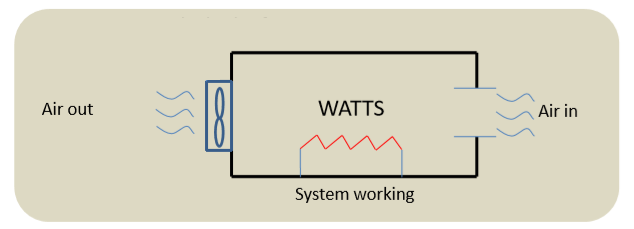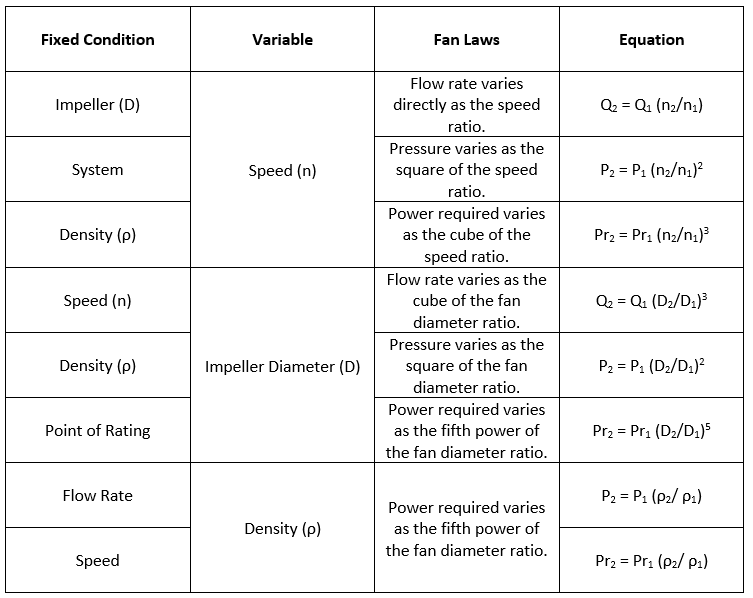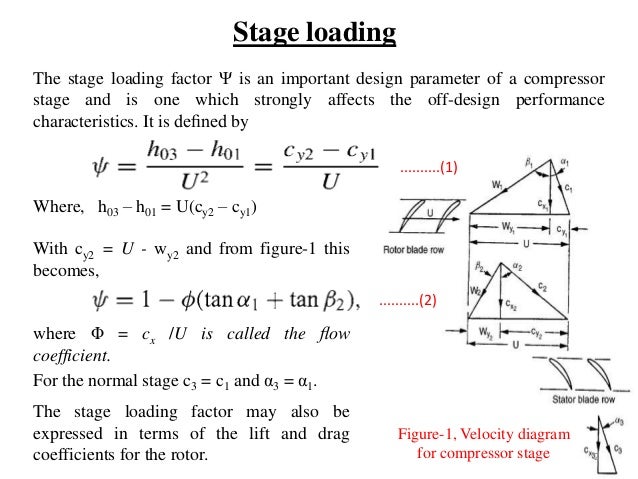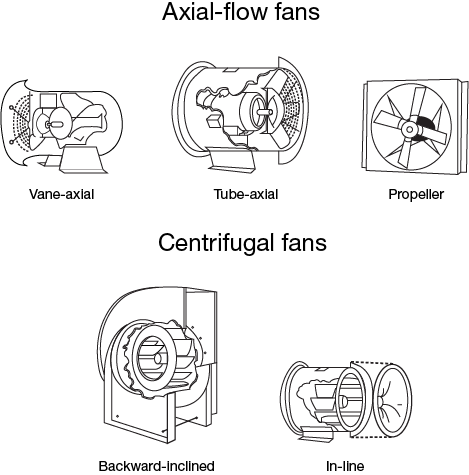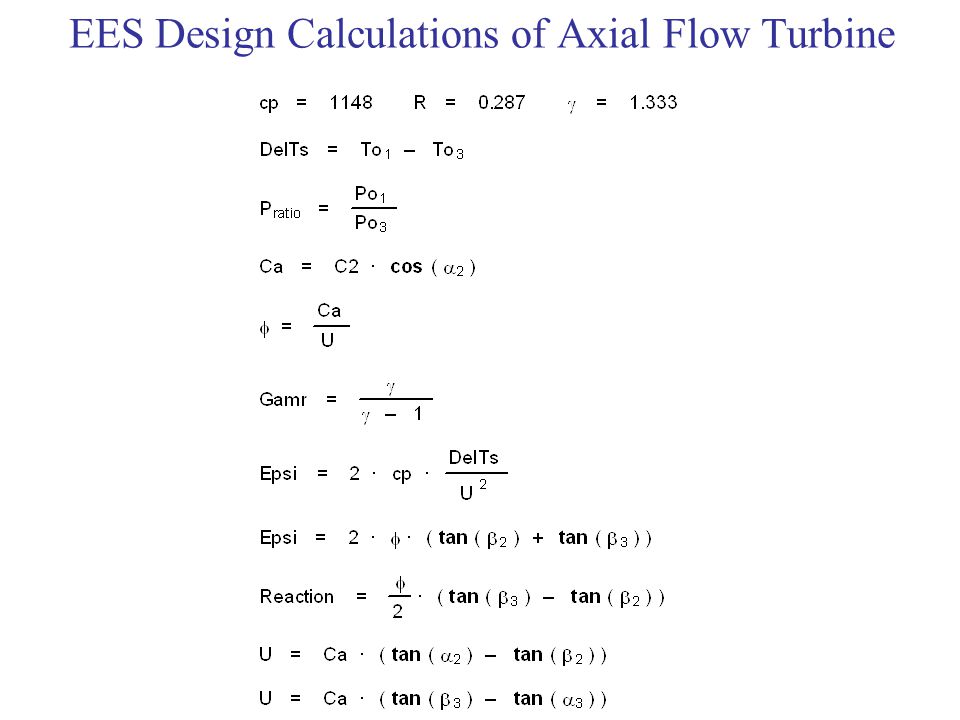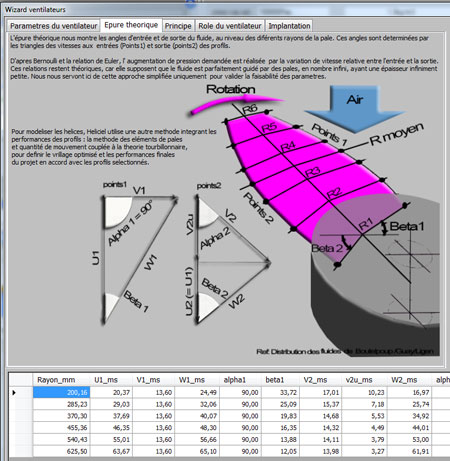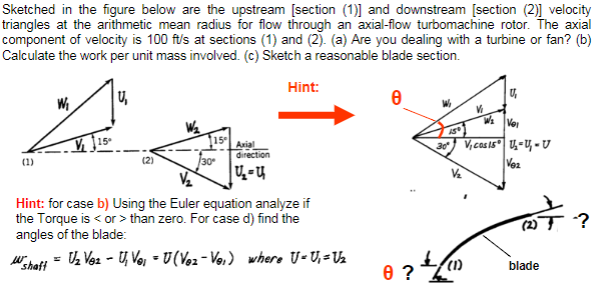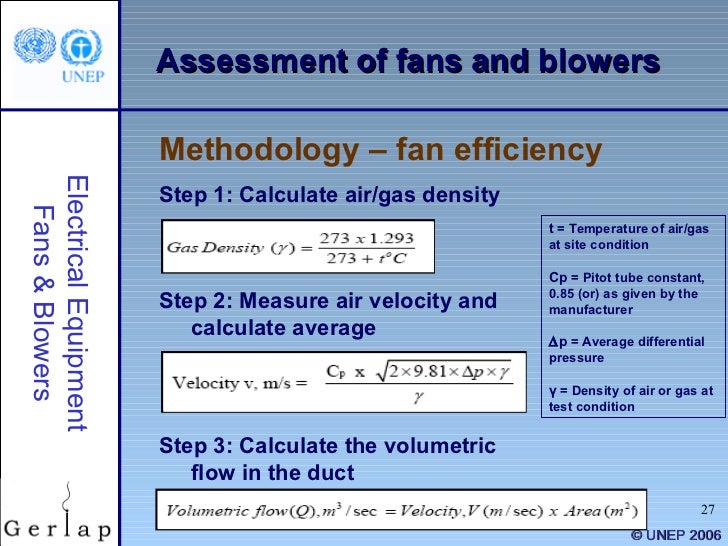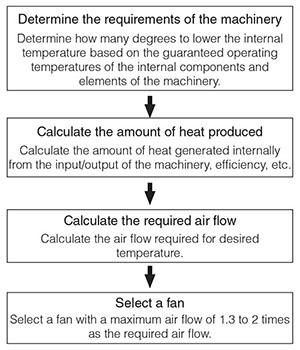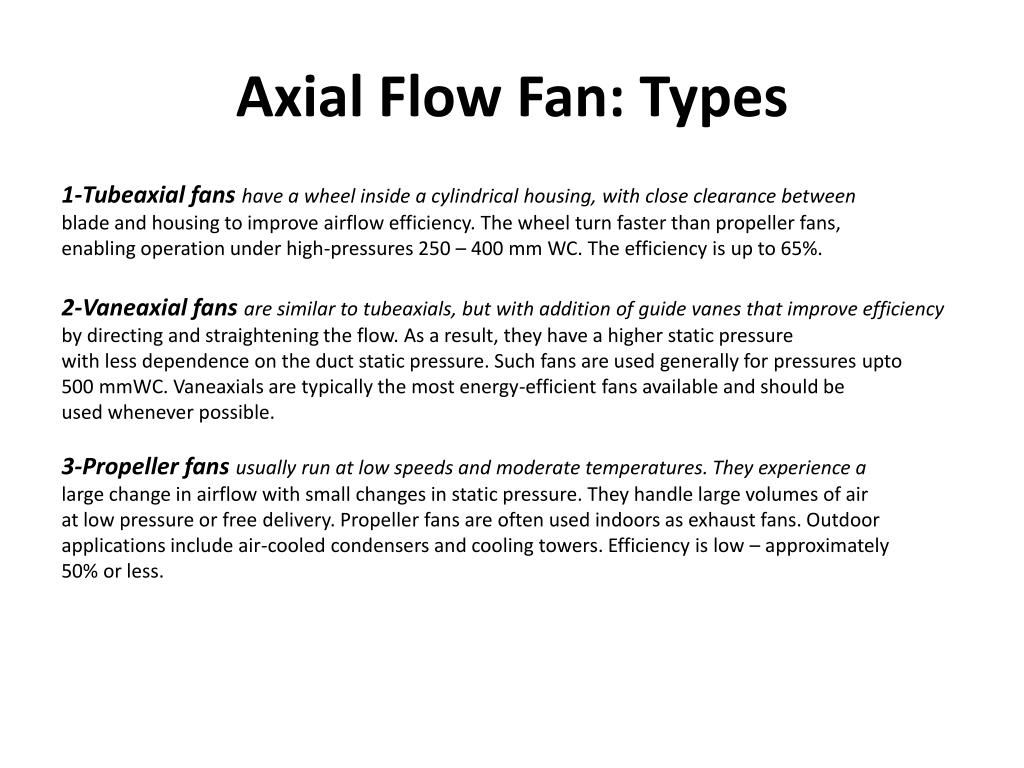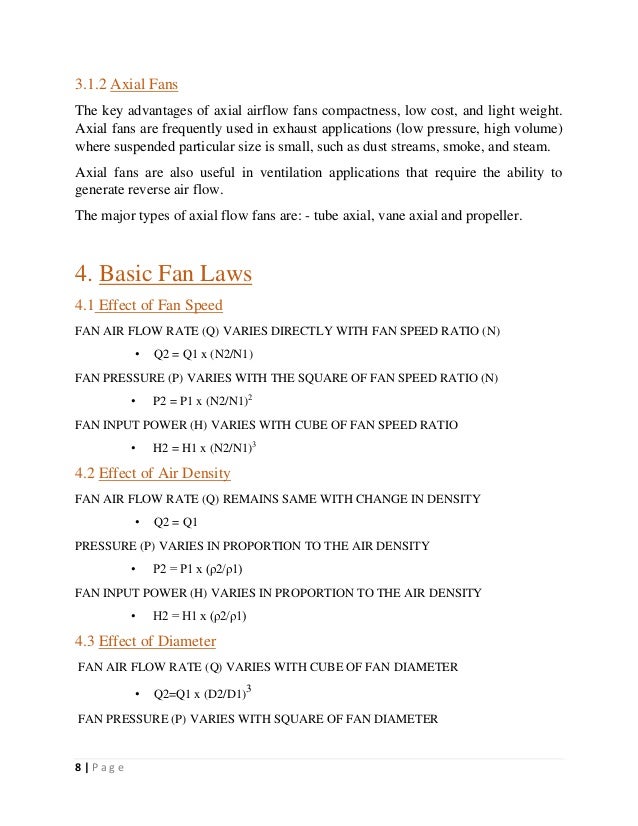Axial Flow Fan Calculation

An axial fan is a type of fan that causes gas to flow through it in an axial direction parallel to the shaft about which the blades rotate.
Axial flow fan calculation. Most fans can be categorized as either axial flow or centrifugal see figure 3. Differences such as efficiency or flow rate occur in the type of fan due to particular design advantages that favour one characteristic over another. It should be noted that final fan selection should be made by using hudson s tuf lite fan selection program or by contacting hudson products corporation at 713 914. Fan power is a function of both air pressure and air flow and units of horsepower is typically the measure used.
Calculations are provided for estimating fan power consumption and noise. Inline centrifugal mixed flow fans. Understand what fan power involves. And we have included a calculator search facility that can be accessed from every page by clicking on the magnifying glass logo at the top left of every page or from the page footer.
With applications for axial flow fans velocity recovery stacks seal discs and variable flow fans. Q volume flow capacity m 3 s gpm cfm n wheel velocity revolution per minute rpm. In this example a small household fan on a stand has a three bladed plastic fan with a 1 foot diameter and an 8 inch effective. Impeller axial centrifugala sirocco etc.
The impeller has a number of blades attached to a central hub. The volume flow capacity of a centrifugal fan can be expressed as. Axial flow fans are sometimes called propeller fans although that s actually just one type of axial flow fan. Air moves in a straight line through axial flow fans parallel to the axis or impeller shaft.
Fan power measures exactly how much energy a fan must receive in order to be able to produce a specific amount of air flow. The flow is axial at entry and exit. Note that the affinity laws for pumps are not identical with fans. This fan calculator is typically used to calculate the cfm or cubic feet per minute of air exchange that may be desired in a building.
All of which have individual benefits volume pressure speed power efficiency etc but all of them will shift gases at the same rate based upon the input power. Plug plenum fans. Define the axial fan application. Q 1 q 2 n 1 n 2 d 1 d 2 3 1 where.
Fan affinity laws volume flow capacity. According to the general fan law governing axial fans you will need to know the fan blade diameter and pitch blade tilt or attack angle along with the rpm variable to calculate cfm. Whether exhausting air or bringing fresh air into a structure the calculation produced should help to figure out the size of fan s required to accomplish the air exchanges needed.

